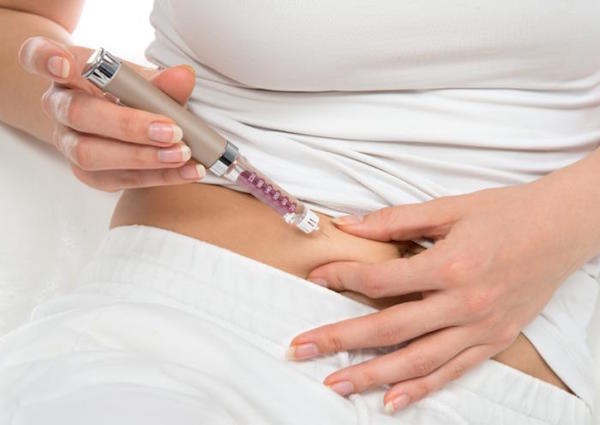Diabetes – is a disorder of the pancreas. When it fails to produce enough insulin, blood sugar levels in the blood and urine rise. Symptoms include frequent urination, thirst, and tiredness. Mild diabetes can be controlled by diet, exercise or medication or a combination of all, while more severe forms require regular injections of insulin. Consequences include poor circulation, including the possibility of thin skin in the peripheral areas of the body.
There are two main types of diabetes:
- Type 1 diabetes – where the body’s immune system attacks and destroys the cells that produce insulin
- Type 2 diabetes – where the body doesn’t produce enough insulin, or the body’s cells don’t react to insulin
Type 2 diabetes is far more common than type 1. In the UK, around 90% of all adults with diabetes have type 2.
During pregnancy, some women have such high levels of blood glucose that their body is unable to produce enough insulin to absorb it all. This is known as gestational diabetes.


